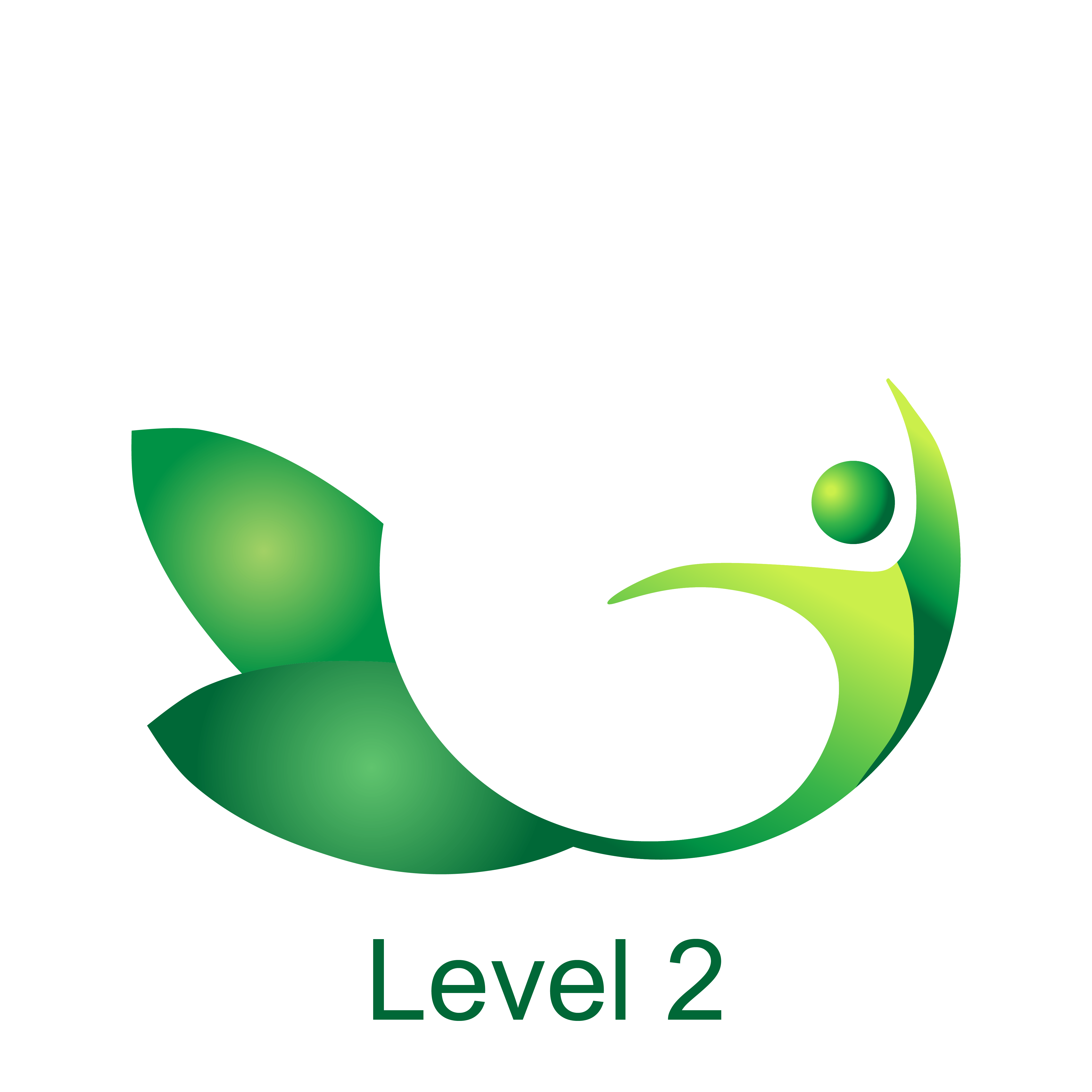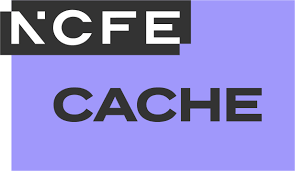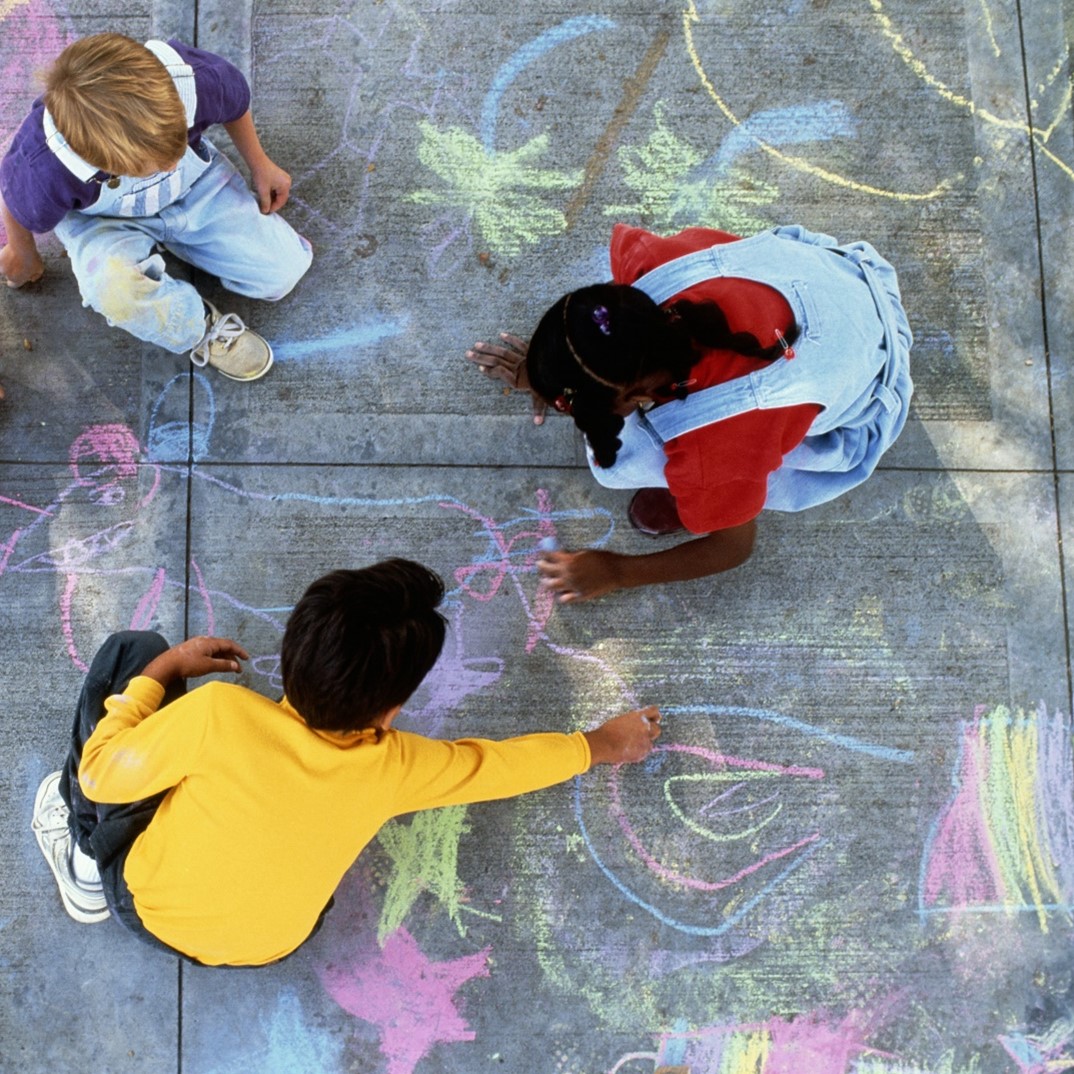

Delivery dates for 2026
| Application closing date | Date | Time | Location |
|---|---|---|---|
| Wednesday, 11 March 2026 | Wednesday, 25 March 2026 | 6.30 pm to 8.30 pm | Online via Microsoft Teams |
Cambridgeshire Early Childhood Qualifications Centre designs all courses to ensure learners gain the most current and up-to-date information knowledge and skills to work in the early childhood sector.
This qualification is recognised by the Department of Education (DfE) as a ‘full and relevant’ license to practice in the early years workforce aimed at people who are working in or considering a traineeship to early childhood qualifications to gain an understanding of working in early years settings. This qualification is aimed at practitioners seeking to gain a qualification and support the management of the setting.
Entry requirements:
- Learners must be aged 19 or over
- Are working or in a trainee placement at an early years setting in Cambridgeshire for a minimum of 12 hours a week
- Hold a current Enhanced DBS for the setting they are working in or in placement for
- Live in Cambridgeshire
- Have access to the internet and a computer/laptop or tablet to access Online training sessions and complete homework tasks which are set on an e-portfolio.
Qualification Overview
Throughout this qualification, learners will gain knowledge and understanding of working with babies and young children from birth to seven years of age, with applied knowledge within the age group, from birth to five years.
Learners are required to attend term-time training sessions which will be delivered by a blended learning approach. During the training sessions, learners will be required to engage in:
- Best practice discussions
- Mini tasks
- Interactive polls
- Quizzes
- Reflection on their knowledge and understanding of the subject
- Support to prepare for the homework tasks.

The course will focus on the following themes:
- Roles and responsibilities of the Early Years Practitioner
- Health and safety of babies and young children in the early years
- Equality, diversity, and inclusive practice in Early Years Settings
- Safeguarding, protection, and welfare of babies and young children in Early Years Settings
- Understand how to support children’s development
- Support care routines for babies and young children
- Support the planning and delivery of activities, purposeful play opportunities, and educational programmes
- Promote play in an Early Years Setting
- Support the well-being of babies and young children for healthy lifestyles
- Support babies and young children to be physically active
- Support the needs of babies and young children with Special Educational Needs and Disability
- Promote positive behaviour in Early Years Settings
- Partnership working in the early years
- Support the needs of the child in preparing for school.
Assessment
The tutor will assess learners' knowledge and skills using a range of methods which will include the following:
- Set homework – written tasks are set after each training session
- Work products – these will include Activity plans, completed risk assessments, First Aid, and Incident forms
- Reflection of practice – both written and verbal
- Holistic Direct Observation in the workplace
- Professional Discussion either in the workplace or through a Teams call.

Throughout the course, the tutor will:
- Deliver training sessions on each unit which are designed to support the learners in completing the set homework tasks
- Plan and carry out Direct Observation of the learner’s practice which will incorporate observation of planned activities as well as holistic opportunities
- Reflect with the learner on their practice which can be face to face or via a Teams call and support setting targets for the learner’s progression
- Plan and complete regular one-to-one reviews
- Ensure learners receive the support needed and adapt training to incorporate individual learning styles
- Endeavour to safeguard learners and challenge any discriminatory behaviour.
All evidence will be saved in the learner's e-portfolio which will map across to the qualification criteria to achieve the full Level 2 Diploma.
On completion of the qualification, learners can be counted in ratio within the early years workforce as a qualified Level 2 Early Years Practitioner.
Learners who have achieved Level 2 may work under supervision in roles such as:
- nursery practitioner
- pre-school practitioner.
Progression
Learners who seek progression can continue to study for the Level 3 Diploma holding Early Years Educator status.
The expected completion time is 12 months depending on learner commitment and motivation
Contact

